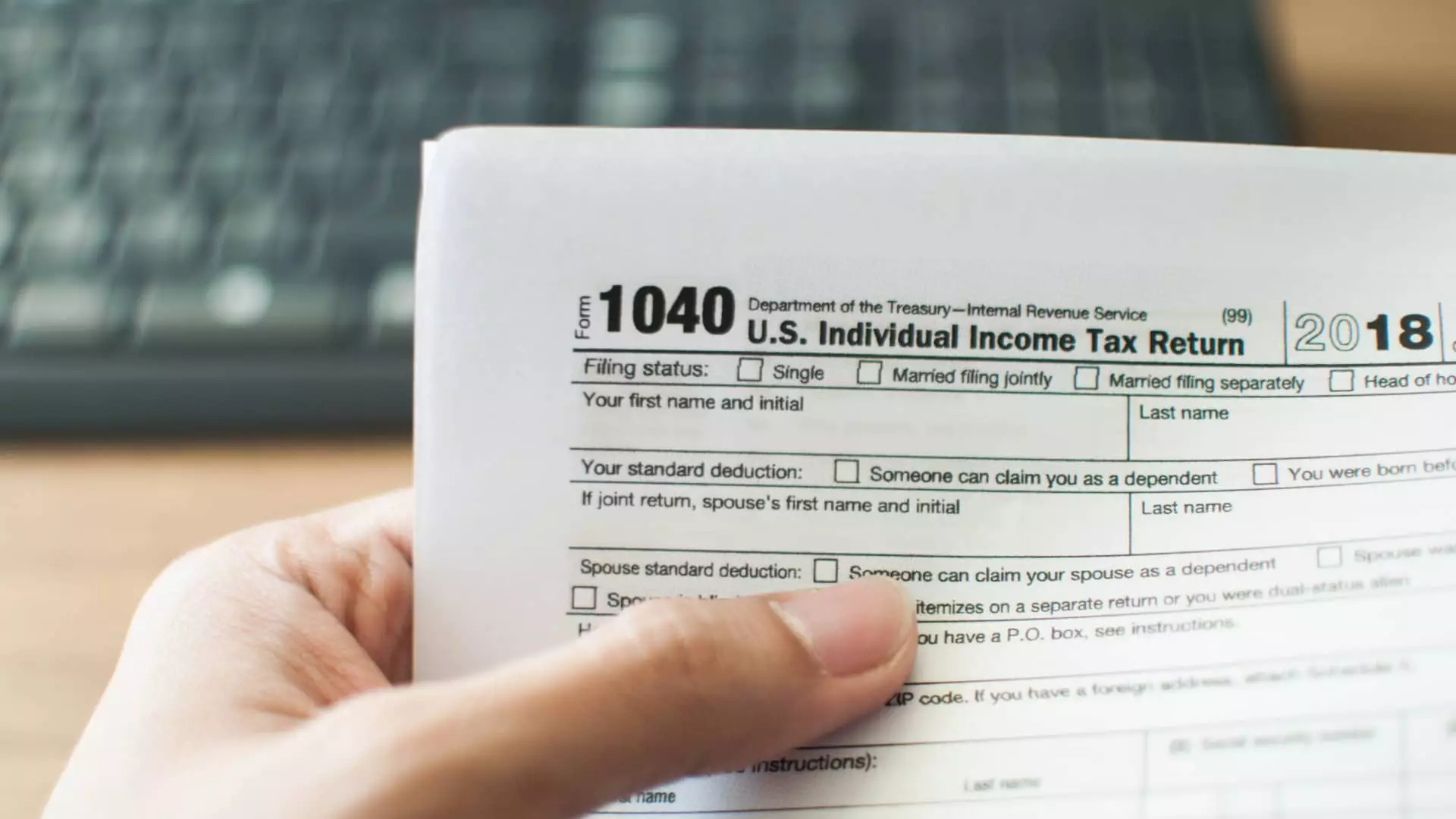With the April 15 federal tax deadline quickly approaching, taxpayers are advised to be vigilant against potential scams seeking to steal personal and financial information. Last year, the IRS received over 294,000 complaints of identity theft, resulting in more than $5.5 billion in tax fraud. As the agency processes millions of returns this tax season, it is crucial for individuals to take precautions to safeguard their sensitive data from scammers.
One of the key strategies recommended by fraud experts is to file taxes electronically or mail them directly from a post office. Jennifer Hessing, fraud analytics director at Wells Fargo, warns against using external mailboxes, which can be targeted by scammers looking to intercept tax returns or payments. By filing electronically or using a secure mailing method, taxpayers can reduce the risk of their information falling into the wrong hands.
During tax season, individuals may encounter various scams aimed at stealing personal information or financial data. One common scam involves unsolicited emails, texts, or calls from unknown individuals or companies offering to assess potential tax savings or secure larger refunds. These scammers may request sensitive information under the guise of providing assistance with tax filings, leading to identity theft and financial fraud.
Scammers may also pose as legitimate tax or financial organizations to solicit valuable personal and financial details from unsuspecting individuals. By impersonating trusted entities, fraudsters can trick taxpayers into disclosing information that can be used for fraudulent purposes. Taxpayers are advised to be cautious when sharing sensitive data and to verify the legitimacy of any requests for personal information.
Another deceptive practice involves “ghost tax preparers” who assist in filing tax returns but fail to sign the documents or provide necessary identification information. These unscrupulous preparers may exploit taxpayers’ trust by withholding essential details, potentially putting individuals at risk of identity theft. Taxpayers should exercise caution when engaging with tax preparers and ensure that all necessary information is provided on their returns.
One of the telltale signs of a tax scam is the absence of a legitimate tax preparer’s information on the return. Certified public accountant Miklos Ringbauer emphasizes the importance of reviewing the paid preparer section for discrepancies, such as missing or self-prepared status. By remaining vigilant and scrutinizing tax filings for irregularities, taxpayers can protect themselves against potential scams and fraudulent activities during tax season.
Taxpayers must be proactive in safeguarding their personal and financial information from scammers seeking to exploit vulnerabilities during tax season. By following best practices, such as filing taxes electronically, verifying the legitimacy of requests for sensitive data, and scrutinizing tax returns for red flags, individuals can minimize the risk of falling victim to tax scams. Stay informed, remain vigilant, and take necessary precautions to protect yourself against fraudulent activities during tax season.

Leave a Reply